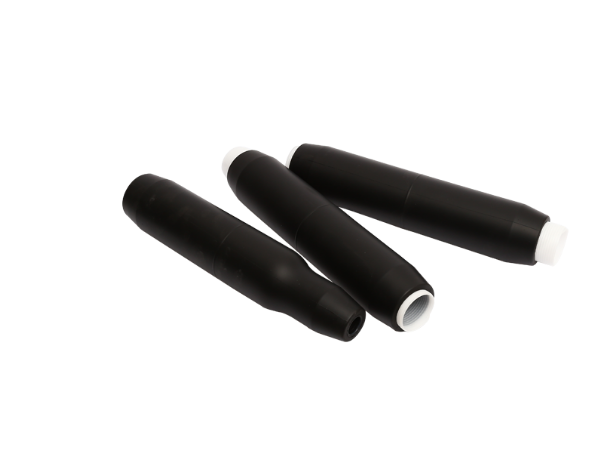Power cable joint kits come in various types, each designed to meet specific requirements for cable connections in different environments and applications. Understanding the types and benefits of these kits is crucial for ensuring reliable electrical installations.
One common type of power cable joint kit is the heat shrink joint, which uses a heat shrink sleeve to create a sealed connection around cables. This type of joint is widely used in both low voltage and high voltage applications where a secure and insulated connection is essential.
Cold shrink joints offer another versatile option, particularly favored for their ease of installation. These joints use pre-expanded rubber tubes that shrink to conform tightly around cables when the outer support is removed. Cold shrink joints are suitable for various cable sizes and are often used in telecommunications, power distribution, and industrial applications.
Resin cast joints involve encapsulating cable connections in epoxy resin, providing robust insulation and mechanical protection. These joints are commonly used in high voltage applications, such as substations and power plants, where durability and reliability are paramount.
The benefits of using power cable joint kits include their ability to withstand harsh environmental conditions and mechanical stresses while maintaining electrical continuity. They contribute to minimizing power loss, preventing electrical faults, and ensuring operational reliability in critical infrastructure.
Overall, choosing the right type of power cable joint kit based on specific application requirements is essential for achieving safe and efficient electrical connections that meet industry standards and regulatory requirements.
